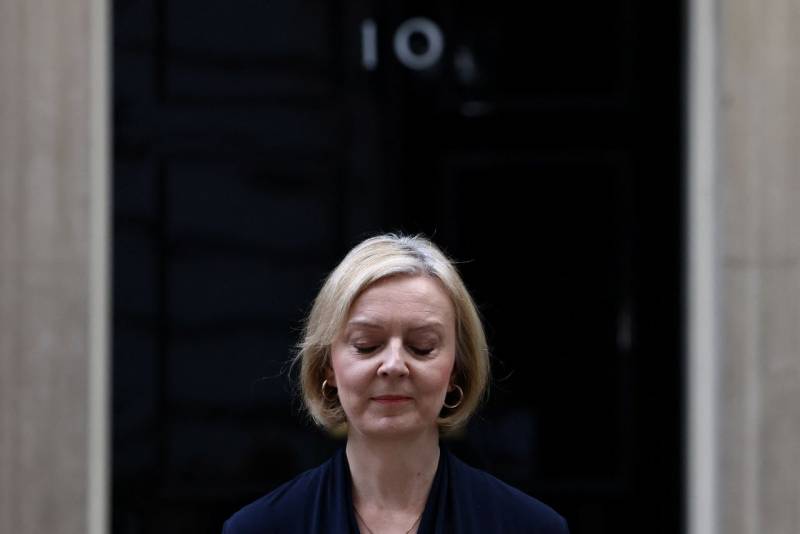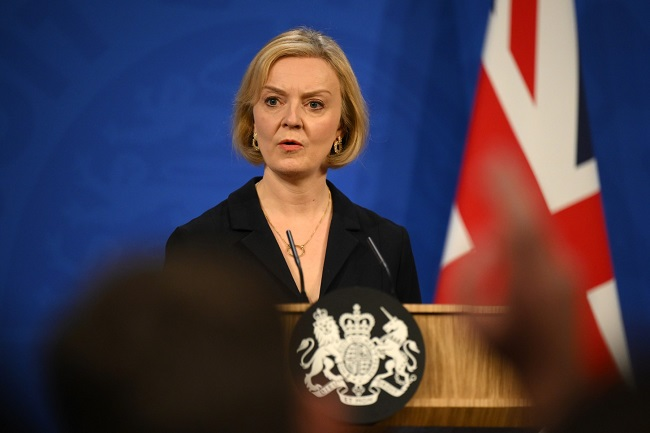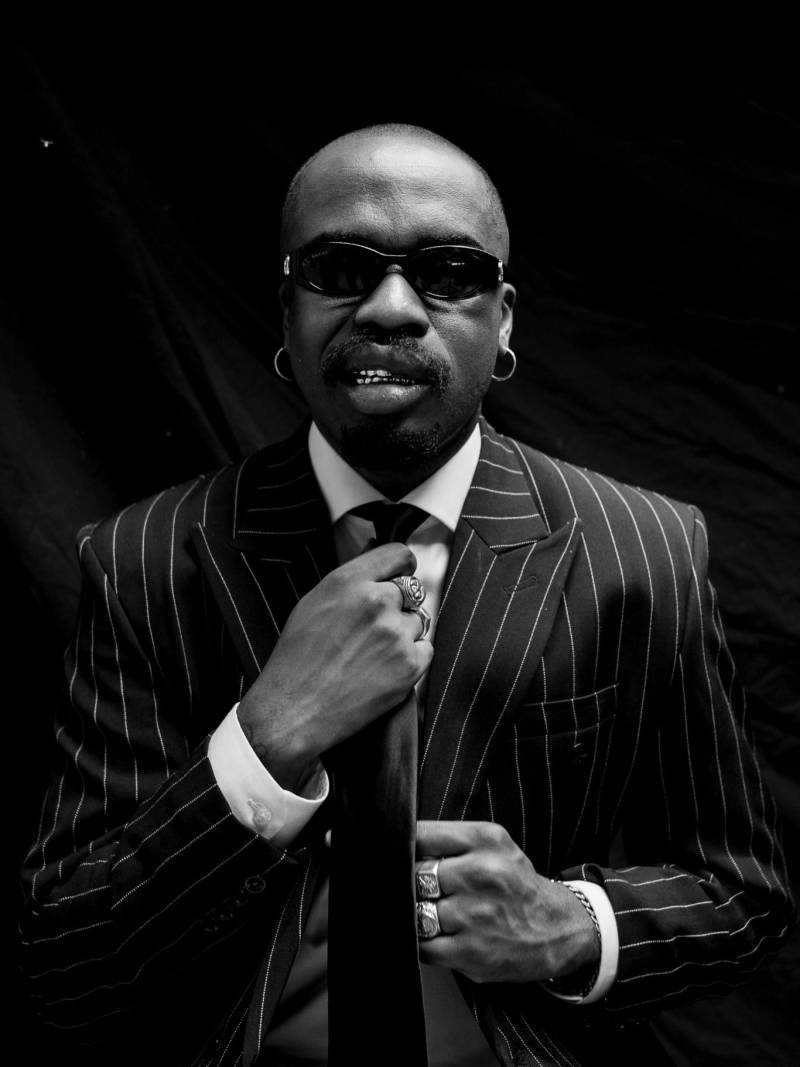British Prime Minister Liz Truss has announced her resignation after six weeks in office following a month of political turmoil and mounting pressure on her premiership. The Conservative Party is expected to have a leadership election within the next week.

Just 45 days after she moved into No 10 Downing Street, Truss has resigned as the UK’s prime minister. The shortest-serving leader in the country’s history, her premiership was fraught with chaos and conflict, from Kwasi Kwarteng’s mini-budget triggering economic meltdown, to the departure of the home secretary Suella Braverman following a serious breach of ministerial rules.

The final blow to Truss’s authority came the night before her resignation announcement, when a number of Tory MPs threatened to rebel in a fracking vote, and she U-turned yet again on her own policy – this time the so-called triple lock guarantee on pension increases. Leader of the opposition Keir Starmer has renewed calls for a general election – as has Liberal Democrat leader Ed Davey – but Truss has announced that there will instead be a week-long emergency contest to find a successor. Is this democratic? How will the new prime minister respond to this autumn’s turbulence? Is there a future for the Tory party? Join Guardian sketch writer, John Crace and a panel of journalists as they discuss this rapidly developing news story and take some of your questions.



